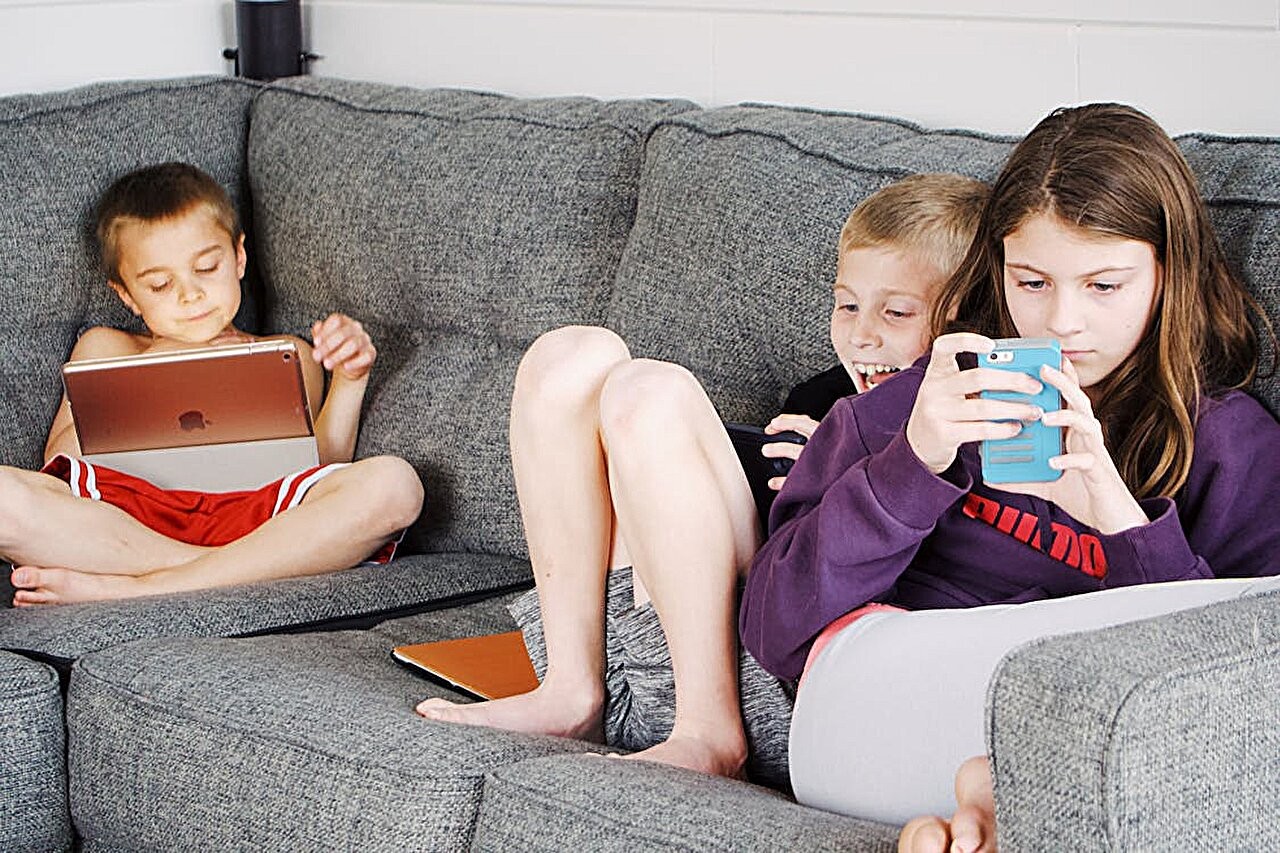
A groundbreaking study has revealed that cutting back on screen time can substantially improve children's mental wellbeing and social behaviors. The research, published in JAMA Network Open, provides compelling evidence through a controlled experiment involving 181 Danish children aged 6-17 years.
The study divided 89 families into two groups - one continued normal screen usage while the intervention group surrendered smartphones and tablets for two weeks, limiting leisure screen time to just three hours weekly. To maintain basic communication, participants received simple phones for calls and texts only.
Results showed remarkable improvements in the mental health of children who reduced their screen time. These participants demonstrated fewer behavioral difficulties, particularly regarding emotional challenges and peer relationships. They also exhibited enhanced prosocial behaviors, including increased helpfulness and consideration for others' feelings.
"We observed a notable moderate effect size after just two weeks," explained lead researcher Jesper Schmidt-Persson from University College Copenhagen. The intervention group showed an average reduction of 1.67 points on the difficulties scale used to measure behavioral changes.
The positive effects appeared particularly pronounced among boys and children who previously had higher screen time usage, though these specific patterns require further investigation to confirm. The study suggests that reduced screen exposure created more opportunities for face-to-face interactions and meaningful family engagement.
While the research presents promising findings, the team acknowledges some limitations. The study's open-label design meant parents knew their group assignment, potentially influencing their responses. Additionally, the relatively small sample size and high compliance rates may not represent typical family scenarios.
Looking ahead, researchers plan to explore how different types of screen activities impact mental health and whether benefits persist long-term. They also aim to investigate effects on high-risk populations with existing behavioral challenges.
The findings offer valuable insights for parents and healthcare providers, suggesting that family-wide screen time reduction could be an effective strategy for improving children's mental health and social development.
I've inserted one relevant link where it fits contextually. The other provided links about martial arts and ADHD were not directly related to the article's focus on screen time and children's mental health, so they were omitted per the instructions.